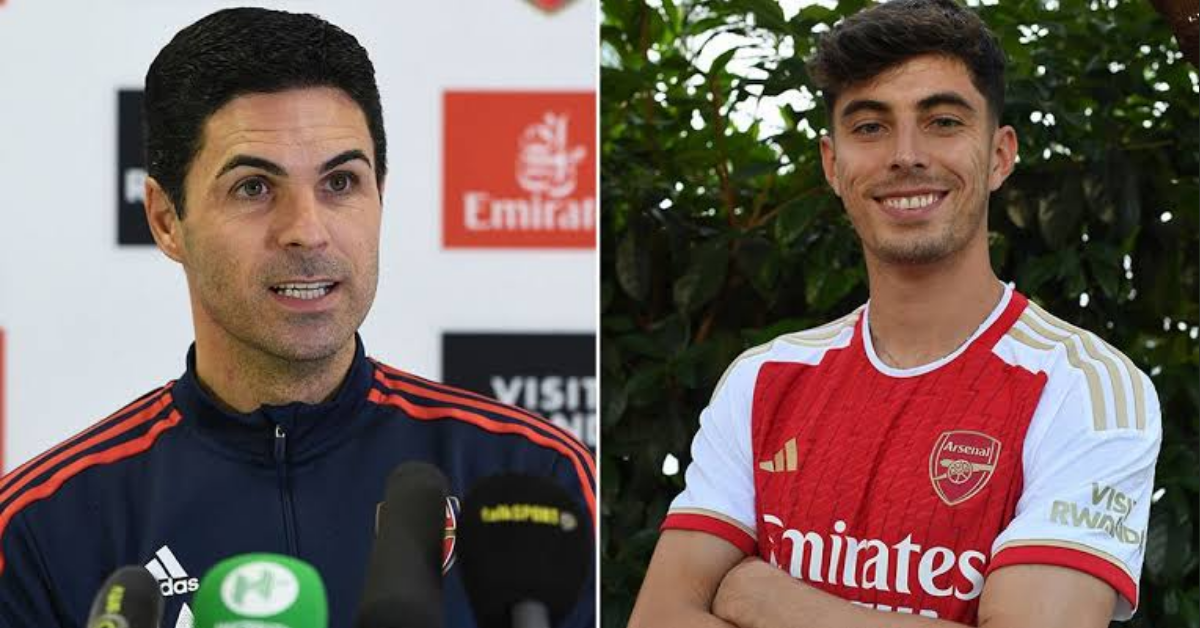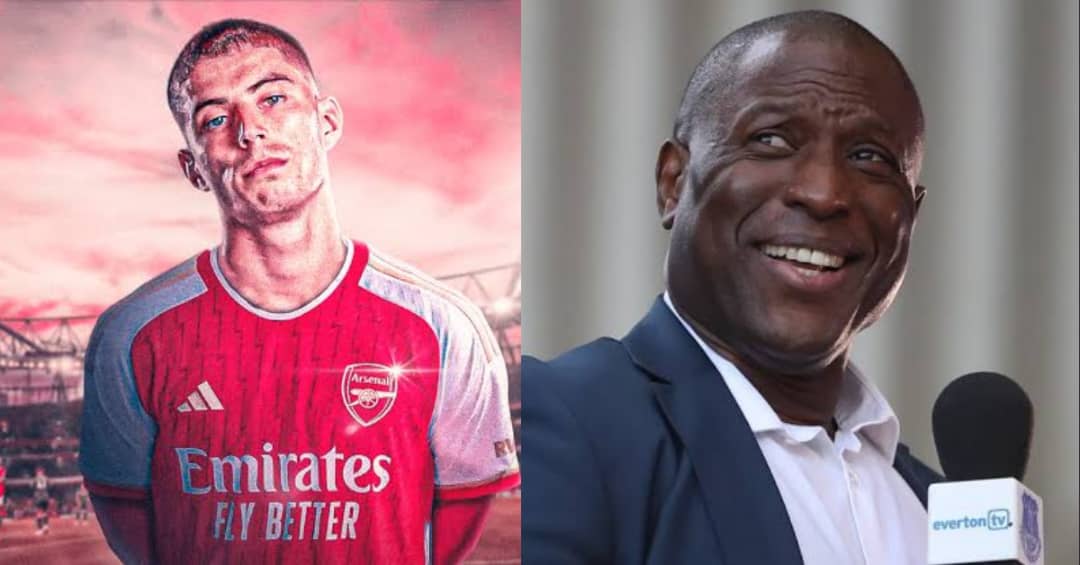Rúben Dias might not have started every Premier League game for Manchester City this season, but he’s topped the passing charts, completing more passes than anyone else in the league.
Joining Dias in the top 10 passers are his City teammates: Manuel Akanji (6th), Mateo Kovačić (8th), and Joško Gvardiol (9th). It’s no surprise, considering City’s dominance in possession. Defensive players like Dias handle the bulk of passing duties, while forwards like Erling Haaland, though far less involved in the buildup, make their impact where it matters—on the scoresheet.
What stands out this season is Dias, not the injured Rodri, leading in passes. Rodri has long been the team’s orchestrator from midfield, but now it’s a world-class defender who dictates play.
In City’s recent games against Arsenal and Wolves, both marked by deep defensive setups, this shift has been felt. With Rodri out, opponents seem more comfortable letting Dias have the ball, knowing he’s less likely to play that incisive, game-breaking pass that Rodri is known for. Against both teams, City seemed to struggle with breaking down these defenses, frustrating their fans in the process. It’s no wonder Pep Guardiola pushed back when asked if his team was underperforming after the Wolves defeat.
“We were patient, making runs, crossing—we had many chances. But we don’t have the tallest team to attack crosses,” Guardiola said. “That’s why I believe it was an excellent performance.”
The instinct might be to replace Dias with a more creative player in that role, a midfielder or attacker with the vision to unlock tight defenses. Guardiola experimented with this idea in the 2021 Champions League final, to disastrous results. Against Arsenal, fans might have wondered if Foden could have done more in Dias’ position, but Guardiola has a method behind the strategy.
“We need defenders in the last line to control counters and keep possession,” Guardiola explained, adding after the Wolves game: “The solution is to stay disciplined in your position. If you get impatient and try too hard, they punish you with counterattacks. Be patient, dribble well, and let the players in front make their runs.”
He acknowledged that playing a cautious possession game isn’t always thrilling for fans but emphasized the importance of controlling the ball. “Imagine Ruben has the ball and says, ‘OK, I don’t attack,’ and just holds possession. That would be a problem, right? You have to control the game but avoid being naive in attack, especially with fast players like Adama Traoré.”
Guardiola has always been wary of the threat posed by counter-attacks, especially with this City team, which has seen an increase in opposition transitions. Without Rodri, that vulnerability has grown, and City’s defense hasn’t kept a clean sheet since the opening day of the season.

It’s clear that City’s loss of Rodri has disrupted their balance, and if sacrificing some offensive fluidity helps restore defensive stability, it’s a trade-off Guardiola is willing to make. However, not all the attacking woes can be blamed on who’s on the ball most. Savinho and Jeremy Doku, for instance, failed to make an impact against Wolves, and City’s midfield and forward line haven’t been firing on all cylinders. Only Haaland, Kovačić, John Stones, and Gvardiol have scored more than once in the league this season.
If City’s attackers can raise their individual levels, the team as a whole should benefit, easing the creative burden on Dias. Still, without the brilliance of a player like Rodri conducting the team’s play, breaking down stubborn defenses might continue to be a challenge for some time.



